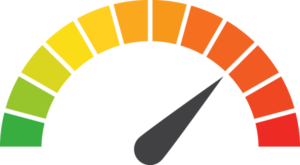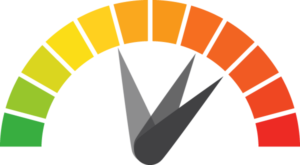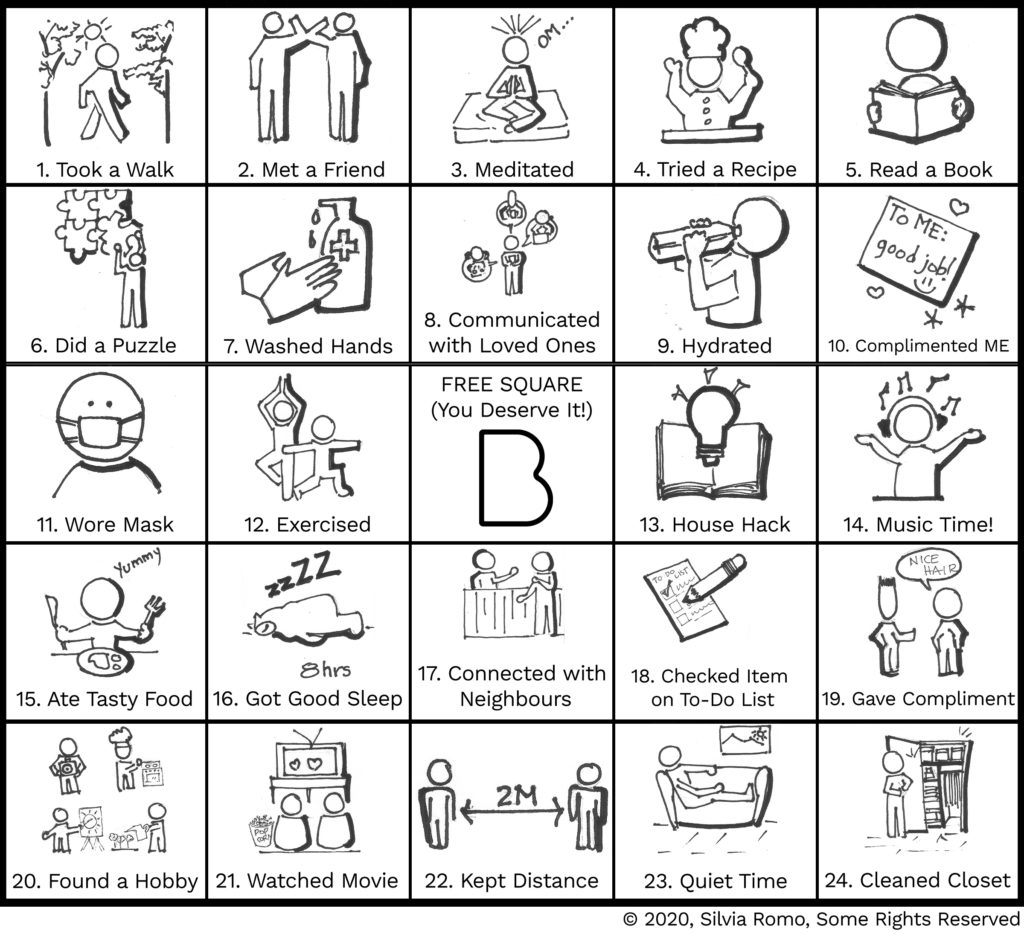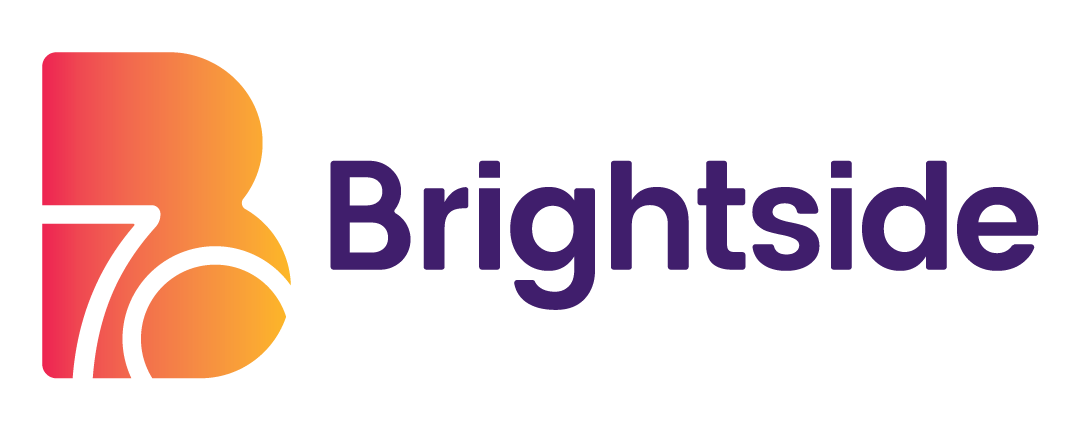Resources
As we follow BC’s restart plan and move toward a “new normal,” knowing what we should or shouldn’t do can be confusing. To help put things in context, we have adapted a list of activities below along with their associated levels of risk and a “risk metre” for each activity. Note that this is only an approximation. If you are a higher-risk individual (over the age of 60 and/or if you have underlying health conditions), it is important that you factor this into your decision to undertake such activities. Be informed of your risk, think through your risk tolerance, and take extra precautions.
Gathering with One Other Household

Meeting in a spacious outdoor area with only a small group isn’t too risky. But our experts say that safety here depends on whom you invite and what their behaviours have been. If you have a gathering with one other household that has followed social distancing, this would be a low-risk activity. To lower risk, avoid sharing food, drinks or utensils — make it a BYO-everything party.
Attending a Religious Service Indoors

Worship services involve people from different households coming together indoors for an extended time. All of the ingredients are there for the potential for a lot of people becoming infected in the short amount of time. Singing — whether from the pews or the choir — is high risk. If people are appropriately socially distanced, wear masks and avoid singing, avoid any shared worship items like hymnals, it may reduce the risk.
Exercising Outdoors

Unless you’re playing group sports, exercising outdoors is a good way to burn off steam while staying socially distant. The risk depends on the sport – contact sports are not recommended. The more people involved in the activity, the higher the risk. It’s possible to spread the virus when you’re in close proximity to others — even if you’re asymptomatic — so it’s best to wear a mask if you can’t stay socially distanced.
Using a Public Restroom

Restrooms have been designed to prevent disease transmission. The main risk comes from restrooms that are small, busy and poorly ventilated. Choose a bathroom that looks clean and is well stocked with supplies such as paper towels, soap and toilet paper. Avoid bunching up in a line to use the toilet or staying there long, if you’re within 6 feet of others. Wash your hands after you go, and use hand sanitizer on them if you need to touch any surfaces after that.
Getting a Haircut

A haircut involves close contact and breathing that is extended for several minutes. This is the primary mode of transmission that we know happens. And cloth masks certainly are not perfect for this. Because there’s no way to keep 6 feet from someone cutting your hair, this is one of the highest-risk scenarios. However, the risk is not terribly high if both you and your hair cutter wear masks and if COVID-19 is not very prevalent in your area. Look for a salon or barbershop that has (and enforces) policies to protect its employees, like wearing protective gear and sanitizing hands. It is important to avoid socializing with your barber, sadly, this is not the time for that.
Going Shopping at a Mall

How risky this is depends on what kind of mall it is, how crowded it is, and how much time you spend there. Crowds with high density lead to substantial increase in risk. The major mitigating factor is that people don’t mingle in a single place for long. Outdoor malls are preferable to indoor ones. And empty malls are better than crowded ones. Avoid the food court and go with purpose, not leisure. Wear your mask. Go in, look at the item you would like to purchase. Make your decision and get out.
Self-Care Bingo
We know that caring for yourself can be hard, or it may not even occur to you to do so, but as we forge ahead in our efforts to beat COVID-19, it is important to be kind to yourself and acknowledge that you are making a difference.
Once again, we have the talented Silvia Romo to thank for the original illustrations. We hope you enjoy it.

